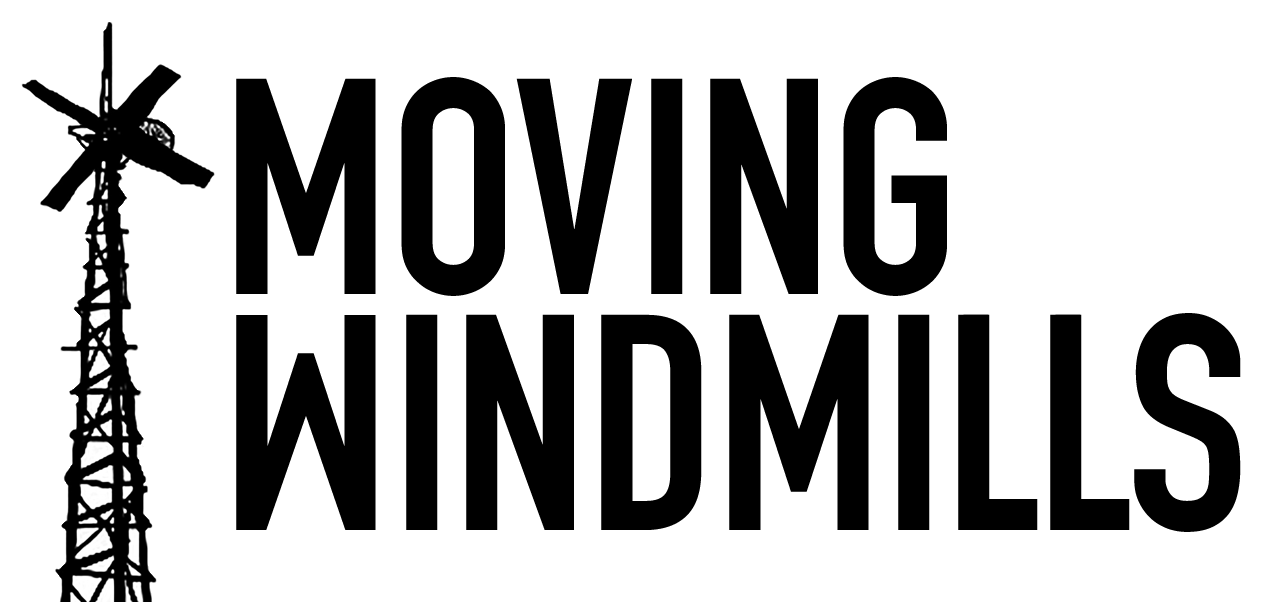
by Robin Caldwell, Managing Editor of BlackWeb20.com
The beautiful thing about the Internet is that it is impervious to Affirmative Action, EEOC compliance and the Fair Housing Act. It could care less about who you love, where you live, and how many degrees you possess. The World Wide Web is the great equalizer that is not interested in race, gender or economic status. Anyone can be a landowner of this prime real estate just like the creators of Twitter whose property reportedly has a one billion dollar valuation.
As we inch closer to Web 3.0, the question of ownership will be directly tied to who has access to the necessary tools to build on the "land." And if memory serves me correctly, the one who owns the land is the one who holds the power.
So why is it that I see the same names and faces — none of which look like mine — positioned as thought leaders and innovators in Web 2.0? Why do I see the same faces as representative of the power in technology?
I've been informed on more than one occasion that we're hard to find.
Last I heard there is no secret society or cloistered community of black, brown, yellow or red people who have prospered in the technology space. They are not on the low or in hiding. And in this day and age, where I can locate the little girl who sat beside me in second grade by doing a simple Google search, it makes no sense for people to question the existence of any tech, Web property owners and thought leaders qualified to participate in The Big Picture conversations regarding the technological growth of the Internet.
TechCrunch50 managed to find a rapper who has had some success in record sales due to his camp's use of social media. Still, the rapper is not an expert in social or new media, let alone technology beyond its use for marketing his personal brand. The L.A. Times' Dan Frost noted a lack of participation of women at TechCrunch50, but inherent in that observation would be the absence of other minorities.
I wish this were only a national issue but it is not; it is global. The British online publication T3 mentioned Barack Obama as the only influential African American in technology on their TECH100 list. True enough, the president has influenced our use and perspectives, but he isn't the only one. I am grateful, however, that Jason Chen and Brian Lam (Gizmodo) and Guy Kawasaki (my tech crush) were also on the list.
At any rate, there are many emerging thought leaders and Web developers of color — globally.
In a village in Malawi, 20-year-old William Kamkwamba built two windmills to supply electricity for his family and support a crop irrigation system. His next project involves a windmill powerful enough to provide Internet access.
Serial start-up entrepreneur Clarence Wooten of Baltimore was an early Web developer whose tech savvy resulted in the sale of (for a reported 8 figures) a site he began on a what-if. The former high school basketball star nixed hoop dreams and embraced the American Dream of Web entrepreneurship. He hasn't looked back.
Jon Gosier, founder of Appfrica Labs in Uganda, hosted a Facebook Developers Garage in Kampala to bring resources to students and software developers interested in building applications for Facebook. The TED Fellow is more than a venture capitalist in Africa; he is making an impact on the economy by providing opportunities via the Web.
Angela Benton, publisher of Black Web 2.0, used her talent and gifts to help others build Web empires before launching the first and only website devoted to African Americans in technology and technology-related industries. And, Black Web 2.0 has some of the most incredible people on the site's advisory board such as The Advertising Research Foundation's Lynne d Johnson (formerly of Fa
st Company) and Michael Seibel, CEO of Justin.tv. Both were not only early adopters but also early influencers who paved the way for many more people of color in technology and in new media.
We're here. Now you know. And once you know, you're accountable.

